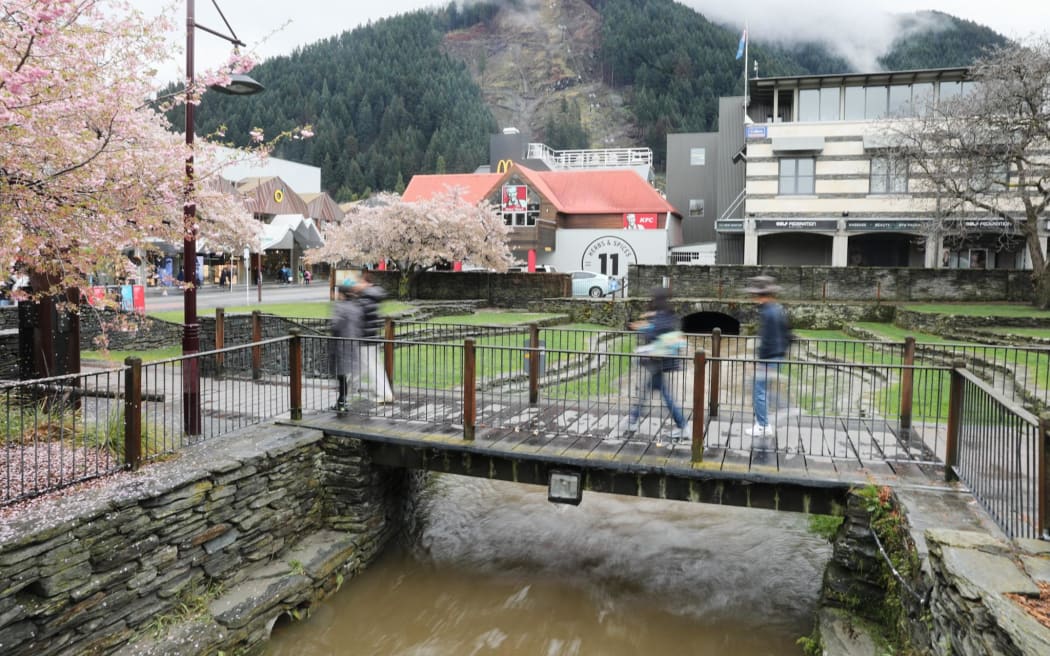Infection
Cryptosporidium outbreak: Health officials search for infection source
Thirty confirmed cases of cryptosporidium infection have been reported in Queenstown and Frankton.
Photo: RNZ / Angus Dreaver
Te Whatu Ora is looking wider than Queenstown’s town water supply, as it hunts for the source of the town’s cryptosporidium outbreak.
There were now 30 confirmed cases of the gastro infection, one more than yesterday.
Sixteen further cases were being investigated and one person was hospitalised.
Most of the cases were aged between 15 and 39 years old, with one case under 10.
Incident controller Lynette Finnie said a heat map of positive cases from homes and businesses showed most infections had been in Queenstown’s CBD.
“We’re leaving no stone unturned – we want to get to the bottom of this as quickly as possible,” Finnie said.
“We acknowledge this is a massive inconvenience to the public, businesses and the hospitality and tourism industries.”
Medical officer of health Dr Emma Sherwood said determining the source of the infection was complex and difficult, as it could be spread in many ways.
“The standard potential sources of contamination include from people who have recently travelled overseas, food or drink products, hospitality premises, recreational water, or water that’s been tainted by parasites from animals,” Sherwood said.
“That’s a huge pool of potential sources of infection.”
As the investigation into the source of the outbreak continued, a boil water noticed issued by the Queenstown Lakes District Council remained in place for Queenstown and Frankton residents and businesses.
The most common symptom of a cryptosporidium was smelly, watery diarrhoea and stomach cramps.
People who visited, lived or worked in Queenstown and Frankton on or after 19 August were urged to call their GP to arrange testing if symptoms developed.

